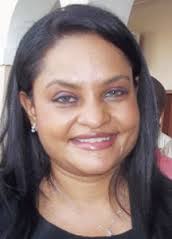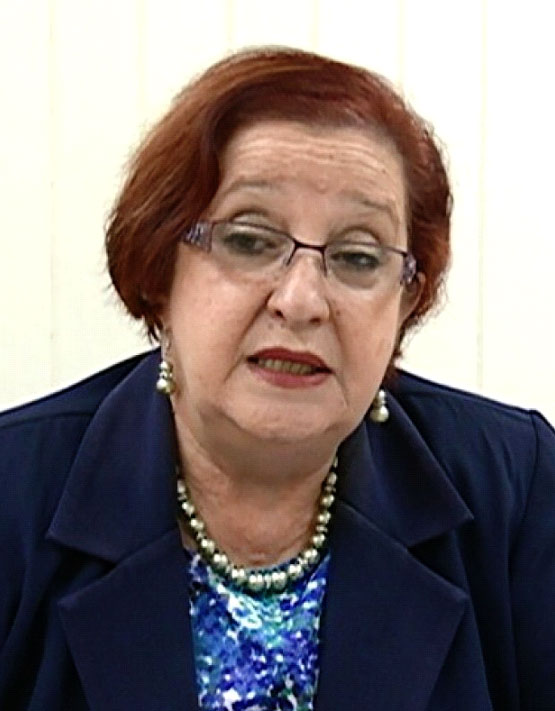Opposition Members of Parliament (MPs) have taken aim at the government’s proposed 2018 budget over what they say is an absence of measures to help society’s most vulnerable.
“There is nothing in the budget for women, youth, children, the elderly, Amerindian and the disabled…there is nothing there that refers to the most vulnerable,” PPP/C Chief Whip Gail Teixeira told a press conference on Wednesday.
She was accompanied by fellow MPs Clement Rohee, Vindhya Persaud, Juan Edghill and Pauline Sukhai.

Persaud, who is the opposition’s shadow minister for social services, lamented that this year, no programmes were proposed to enhance women financially or socially.
“In 26,000 words of the budget [speech], not one paragraph was dedicated to issues affecting women. I think when women continue to be sidelined, it is not conducive to sustainable economic and development progress,” she said.
She added that she believed that knowing the myriad challenges faced by women of this nation on a daily basis, such as unemployment, abuse and harassment, that government would have dedicated funds to social programmes for women.
She added that the failure to cater for gender equality programmes gives the perception to the public that all was well in this area. However, she believes that this is far from the reality and that women countrywide can attest to this.
“When looking though the budget speech, one would be likely to think that women’s welfare is hunky dory when it is not. There is no programme to help women. If we are to look at both the rural and urban areas in this country, you would see that some women are not employed in any meaningful way… that is the good life?” she questioned.
In her budget presentation next week, Persaud said she will make clear that the APNU+AFC government has not advanced any initiatives to equip women to gain necessary skills or access to finance to help in their social and financial upliftment. She added that for some women who have toiled and made sacrifices to qualify themselves professionally and academically, they are still being marginalised in the workplace and even denied meaningful job opportunities.
Rohee, a former Home Minister, pointed out that that given his experience in the security sector, he knows well the correlation between poverty, unemployment and crime and felt that government can do much more in terms of social services. “I felt a deep sense of disappointment and sadness after hearing the speech by the Minister of Finance, particularly in respect to the social and security sectors. What happens in the social sector, particularly in relation to unemployment, poverty etcetera, are in a sense related to the fight against criminal activities and crime, drug tracking and all the other attendant features of the criminal underworld,” he stressed.
He said that he sees nothing new in the 2018 budget that addresses tackling unemployment and the underprivileged as most of what the minister said with regard to public security and safeguarding public trust have their genesis under the former PPP administration.
Putting the government on notice, Rohee said that much of his contribution to the debate next week will look at measures for the security sector but within the context of the social agenda of the government because he sees the two as interconnected.






